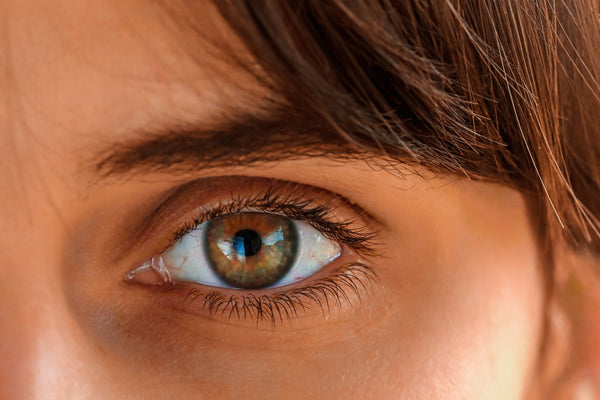What the Government’s road safety proposals could mean for your eyesight
In January 2026, the UK Government published proposals as part of its Road Safety Strategy, including a consultation on whether drivers aged 70+ should have mandatory eyesight checks.
Nothing has changed yet. This is a consultation, which means the Government is asking for views before deciding what happens next. Still, it is a useful reminder that good vision is a key part of safer driving, for you and everyone around you.
If you want reassurance about your eyesight for driving, we can help.
Book an eye test
What’s being proposed for drivers aged 70+?
The Government is consulting on the idea of introducing regular eyesight testing for drivers aged 70 and over as part of licence renewal.
The aim is to reduce risk linked to age-related changes such as:
gradual changes in sharpness of vision
reduced contrast sensitivity (seeing clearly in low light)
greater sensitivity to glare
slower reaction times and other health factors that can affect driving
Key point: These are proposals, not new rules. No extra testing has been introduced at this stage.
Driving eyesight standards: what applies right now?
Current legal eyesight standards still apply to all drivers, whatever your age.
The Road Safety Strategy proposals also reinforce increased use of roadside eyesight checks by police. If a driver fails a roadside eyesight test, the DVLA may take action, including removing a licence.
If you are unsure whether you meet the standard, an eye examination is the simplest way to check and get clear advice.
Check my vision for driving
Struggling with glare at night? You’re not alone
The proposals also highlight research showing many drivers have reduced or stopped night driving due to headlamp glare, with brighter LED headlights and taller vehicles thought to contribute.
If night driving feels harder than it used to, it could be down to:
a change in your prescription
early lens changes in the eye
dry eye
glare sensitivity or reduced contrast
An eye test can help identify what is going on, and we can talk through practical options such as lens choices and coatings designed to improve comfort when driving at night.
Why regular eye tests matter more as we get older
Vision changes can be subtle, and many people adapt without realising their eyesight has dropped below what is comfortable or safe for driving.
A routine eye test helps you:
stay confident behind the wheel
spot changes early
keep your prescription up to date
get tailored advice if you drive at night or in poor weather
If you’re 70+, we recommend keeping your eye tests regular, even if your vision feels “fine”.
How Leightons can help
At Leightons, our focus is simple: helping you see clearly and stay confident in everyday life, including on the road.
With an eye test, you will get:
a professional check of your vision and eye health
clear, practical advice about your vision for driving
support if you have concerns about glare, night driving, or changing eyesight
Learn more









